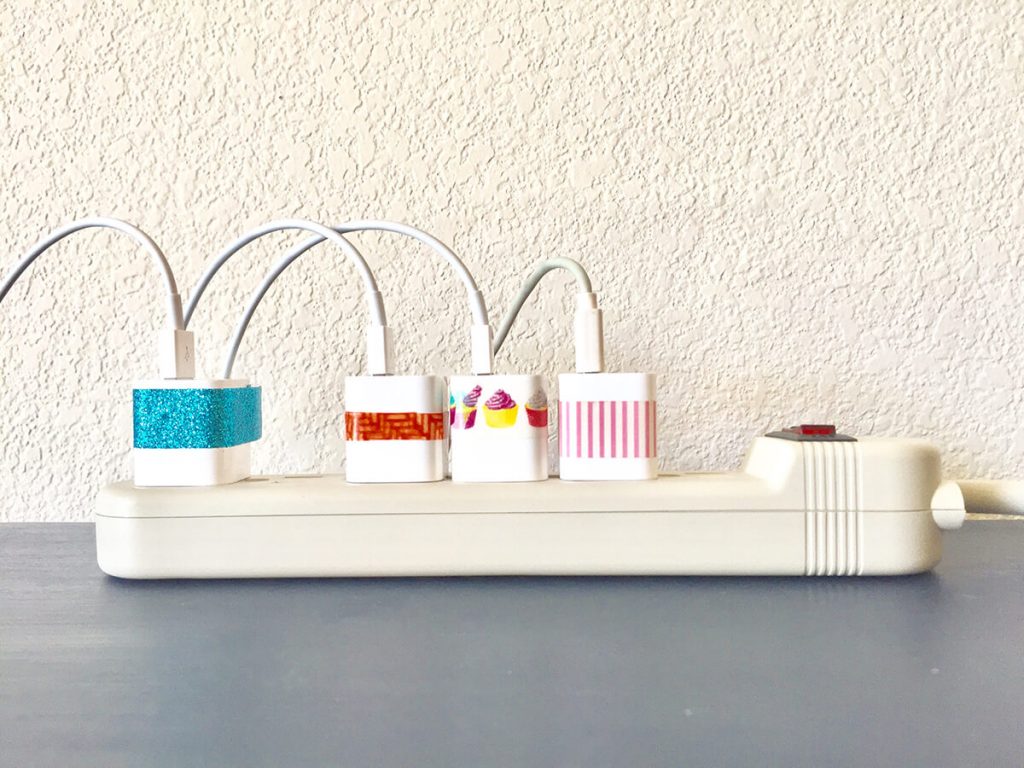As people become more aware of how their daily activities are impacting the planet, an emphasis on reducing that impact has become more important than ever. There are big and small ways we each can help our planet. We’re getting you started with 5 easy ways to reduce your impact on the environment.
First, it might be helpful to find out how much you are actually impacting the environment. Try this calculator to help you determine your carbon footprint:
- The Eco Footprint – Take the free quiz to “find out your Ecological Footprint, discover your biggest areas of resource consumption, and learn what you can do to tread more lightly on the Earth.” Visit their website at http://www.footprintnetwork.org/resources/footprint-calculator/.
Next, check out these easy ways to reduce your impact:
1. Opt out of junk mail

By reducing the amount of junk mail you receive, you’ll not only be helping the environment, you’ll be protecting your privacy and reducing your clutter. We’ve found a great site to make this process as easy as possible. Catalog Choice is a non-profit organization on a mission to stop junk mail. They are serious about helping protect our natural resources while assisting you in simplifying your life. Their free service targets specific catalogs and other types of paper mail that you would like to cancel.
Visit Catalog Choice at https://www.catalogchoice.org/signup to sign up.
2. Recycle
It can’t be said enough, recycle everything that can be recycled through your local recycling program. According to the Environmental Protection Agency (EPA), for every ton of paper that’s recycled, we are saving the energy equivalent of 322 gallons of gas. Also, be sure to look for products that are made with recycled materials and have recyclable packaging. If your city doesn’t have an adequate recycling program, make it clear to local government officials that you support citywide recycling with your voice and your vote.
For hard-to-recycle items, check out RecycleNation’s easy online recycling search or download RecycleNation’s mobile app.
3. Compost
Composting goes hand-in-hand with recycling. Those organic items that shouldn’t be placed in your garbage bin but can’t be put in your recycling can be composted. Some cities even have a separate bin for organic waste so check with your local waste handler to see if that’s an option where you live.
Need some easy composting tips to get you started at home? Check out this easy guide from the Natural Resources Defense Council (NRDC) at https://www.nrdc.org/stories/composting-way-easier-you-think/.
4. Buy less
Buying “green” products isn’t really the solution to our environmental issues; buying less is the best option. When you reduce what you own, keeping only the things you use and enjoy, you will instinctively buy less in the future. But when you do need to buy a product, be sure you:
- Make sure your money is supporting businesses that protect the environment, workers’ rights and public health.
- Make sure you buy local products from local businesses which helps to keep your local economy healthy.
- Buy used items when possible to avoid the need to create more stuff.
5. Unplug

Unplug your phone charger, coffee maker or any other small appliances/electronics that aren’t being used. They’re using up energy when they don’t need to be plugged in. Here’s a few items that you might not have thought of that should be unplugged when not in use:
- iPhone, iPod or iPad (or other devices)
- Lamp
- Toaster
- Laptop computer
- TV
- Coffee maker, food processor, blender
To make it even easier, plug small appliances into a power strip so you only have one switch to turn off.